In this issue:
Thinking about Self-Regulation
Photos from Blowing Rocks Preserve
New Class—Journaling Earth Grief
Fig Rosemary Cordial
Radical Sustainability—one more way
A Letter from a 21-year-old man thanking me for the seed book
Ways We Recover from Bad News
The subconscious is a formidable force. Almost every day I wrestle with it. I keep thinking, How can one part of the mind (the rational part) be so intimidated by another part of the mind (the subconscious). Why can’t rationality overcome irrationality?
If a lot is happening in the world, worry creeps into my dreams. We're supposed to wake rested, at peace, and eager for a new day. Too many days I wake worrying. I find myself in my own private state of emergency.
The photos from Vermont's flooding are troubling. As are these hottest days ever on Earth. But listing the bad news doesn’t help. So I won’t do any more of that.
This essay is going to get very personal, and if it becomes too personal, then this one isn’t for you.
Ten years ago we adopted our daughter, now grown, who experienced a good deal of trauma in early childhood. In becoming her mom I learned the word “regulate,” a term psychologists use for being able to manage behavior. Parents with well-bonded children can co-regulate, meaning soothe their children if they’re overwrought, reassure them if they’re afraid, calm them if they’re getting too wild. Parents naturally do this until the children learn to regulate themselves, or self-regulate.
In fact, co-regulation is necessary since supposedly infants are not born with the ability to regulate. Part of human development is learning to manage distress signals arising from the body and to rationalize emotions. If a child becomes uncontrollable, she is called dysregulated.
Trauma Is Serious
Trauma affects our brains seriously. In fact, early childhood trauma can actually interfere with the way a child’s brain develops. Adverse childhood experiences (ACEs, as they’re called), especially severe trauma and neglect, can result in a type of brain injury. In MRI scans, the primal, animal part of the brain lights up while the neocortex—the rational, thinking part—stays dark. Entire sections of a brain can quit working as you can see in these images.
Although the effect of stress on a child’s brain is pronounced, stress affects adult brains as well.
Research shows, however, that a damaged brain can enter a state of reparation. The best medicine is to keep a patient (yourself?) as calm and regulated as possible in order to give the brain a chance to heal. When our daughter was small, we enlisted the help of a trauma specialist, Nancy Thomas. In a seminar once I heard Nancy say to a roomful of parents of traumatized children, “We are fighting a battle for sanity.”
What I learned from Nancy is that, in order to heal, the neocortex needs:
simplicity
safety
joy and laughter
oxygen
healing touch
heart to heart connection, including smiles and soft, loving eye contact
good nutrition (nourishing, organic, grass-fed, wild-crafted, homemade food, especially protein)
connection with nature
brain-shifting
When you study this list, you see that we all need these things.
News about the Climate is Deeply Affecting
For years I have posited that climate chaos can activate PTSD, except I don’t call it post traumatic. I call it CTSD, current traumatic.
I invite you to scan through this list of PTSD triggers (adapted from one of Nancy’s handouts). I have highlighted a few that directly relate to our stress about climatic changes.
perceived threat from another
teasing
physicality of any kind
work someone feels incapable of doing or that is initially overwhelming
feeling judged
feeling lack of love and understanding
loud and/or sudden noises
sirens
unexpected emergency drills
sudden schedule changes
violent material
feeling disconnected
unpredictability, not knowing what will happen next
threats about the future
Are you starting to agree with me, that the climate chaos we’re currently seeing can cause us to dysregulate and experience PTSD?
How to Regulate
This week again, with the heat and the flooding, I’ve had to concentrate on self-regulation, or keeping myself in a peaceful state. My subconscious is incredibly powerful—everyone’s is—and coming back to regulation after hearing about tragedy takes some focus on self-care.
I want to be a voice of calm and faith in a roiling sea, but I have to face the fact that we’re all being tossed about. All I can is reach out a hand and hope that as you swirl past, you can grab it, or at least feel me reaching toward you.
There is always bad news, so we need to know how to recover. How do we survive heartbreak? Here is a list of practices that help us cultivate a habit of resilience.
journaling your feelings
early morning sun
sun during the day
grounding
walking in nature
any cross-body movement
yoga
meditation (for kids, sitting with the back straight, head above the spine)
jumping jacks or a trampoline
chanting, singing, listening to music (Mozart is great for the brain)
aware breathing
magnesium
chocolate
a salt bath
lavender oil on the soles of the feet
swimming in the ocean
wine
rest and deep sleep
hobbies and handiwork, especially needlework
painting
whole food, especially protein
herbal nervine teas, like chamomile
What have I missed?
Considering Privilege
It’s important to be aware, too, that privilege makes us resilient. Think about your privileges, so that you can understand those who don't have them.
If you are poor, female, black, LGBTQIA, Native, Cajun, blind, physically challenged, underage, non-landowning, city-bound, isolated, single with children, and anything else I haven’t thought of—especially if you are more than one of these things—you will need more resilience and creative sustainability than folks who aren’t these things.
Recommended Reading
The Body Keeps the Score by Bessel van der Kolk makes a case for mental healing and explores many methods a person might use to heal.
I’ve Created a Journaling Earth Grief Class for You
Journaling your emotions about environmental loss helps you move from pain to a place of greater emotional wellbeing and clarity.
This is a 5-week journaling mini-course designed for you to process your feelings about the unfolding climate crisis, as well as environmental loss in general.
Every Sunday afternoon for five weeks during August and September 2023 I hold space for you to process your emotions, including your grief, through narrative—writing prompts, readings, and short exercises.
The vibe will be loving and hopeful, encouraging and inclusive. We won’t worry about structure, craft, and technique. We’ll be journaling for ourselves.
Sessions will take place from 5-6 pm Eastern Time on Sunday, Aug. 13 | Aug. 20 | Aug. 27 | Sept. 3| and Sept. 10.
The best part of signing up is that you get to decide what you want to pay. Cost of the course is by donation. Pay what you can.
Then show up Sunday afternoons at 5 pm Eastern Time for an hour directed toward your emotional wellbeing, toward greater clarity, toward peace, and toward a place of hopefulness and action.
You can come for one session or for all five. You will need your journal and your sharpened pencils.
You can register over at Eventbrite, where you will receive a Zoom link once you sign up.
I hope you join me.
Gary’s Fig Rosemary Cordial
You may want to skip this recipe if you’re in recovery, concentrating on weight loss, or lowering your liver enzymes.
Figs are in season where I live in southern Georgia. They're beautiful and tasty and decadent and abundant.
Ichthyologist and writer Gary Grossman shared his Fig Rosemary Cordial recipe with me, and I started a batch this week. Figs get cut in half until you fill a quart jar. Spices, herbs, and then vodka go in, and the figs soak for a few weeks. You may not have figs like we do, but this cordial idea can be adapted to whatever you have in abundance, I'm betting.
Who knew that figs are a thing in mixology? Here Richard Godwin in his Substack The Spirits makes a Fig Leaf Old Fashioned. The Cocktail Contessa has an entire post on using figs in drinks—she makes a fig simple syrup using dried figs. And in this IG post Alice Lascelles concocts a Fig Leaf Daiquiri.
Gary’s Fig Rosemary Cordial
1 quart jar filled with halved figs
1 sprig rosemary
1 clove
1 whole allspice
A few mint leaves
¼ vanilla bean
Zest from ½ lemon
medium-grade vodka
Add spices and fill jar with vodka. Keep in a dark refrigerated place for two weeks, then strain contents through cheesecloth. Gary says that he keeps his refrigerated but is not sure that’s necessary.
Radical Sustainability
This idea seems so tiny given the magnitude of climate change, but I’d never heard of aluminum bottles, and people don’t seem to want to give up bottled water. Let me just say: The best solution to hydration is your own reusable water bottle. I know you have one. Just say “no, thank you” when you are offered water from plastic.
If you want to use this as a graphic on your social media, please feel free to slide it off.
From the Mailbag
An email from a stranger named Sebastian arrived in the middle of the week. To think that I affected even one person’s life for the better was a shining gift. Here’s the message.
Hi! I just finished one of your books, the one about seeds, and wanted to say that over the time reading it, it really started to, I think, do as you intended the book to do. I cannot unsee what i already know about gardening and what i am currently learning. In every seed packet and plant I have growing currently I see your words and sense of importance.
I love gardening and I’m currently only 21 and live in a studio apartment but have been itching to get back out into it. Especially with the help of your book.
I’ve been researching and learning about seeds and growing and gardening outside of your book too. Just today I learned that nobody even at small local garden shops knows what an heirloom seed is and why it’s different!
In my mind I was like, “The seed lady was right! It’s all disappearing!” So now I’m gonna have to find my fall squash seeds elsewhere.
Anyway, my main point is you have absolutely planted a seed in me. And I’ve been educating people in my close circle of these things and doing my own research on the side to try and share the importance of what you’ve written.
Hope the world is treating you well! Have a great rest of your growing season!
The beach photos here were taken in April at The Nature Conservancy’s Blowing Rock Preserve on Jupiter Island, Florida, a wonderful place to sun, ground, and rest.
I invite you to subscribe to my newsletter if you haven’t already. Leave a comment. Share with a friend or invite someone else into the fold.




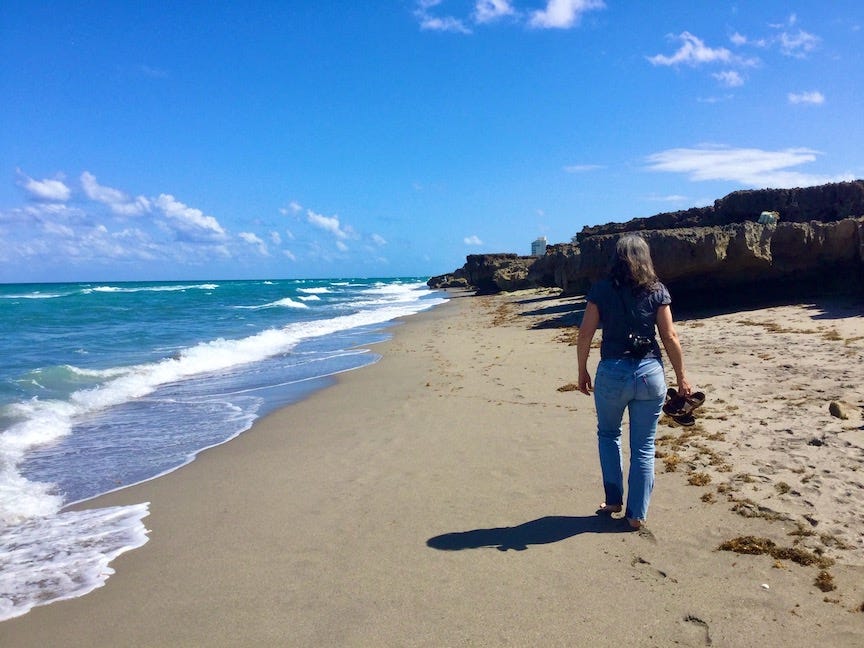
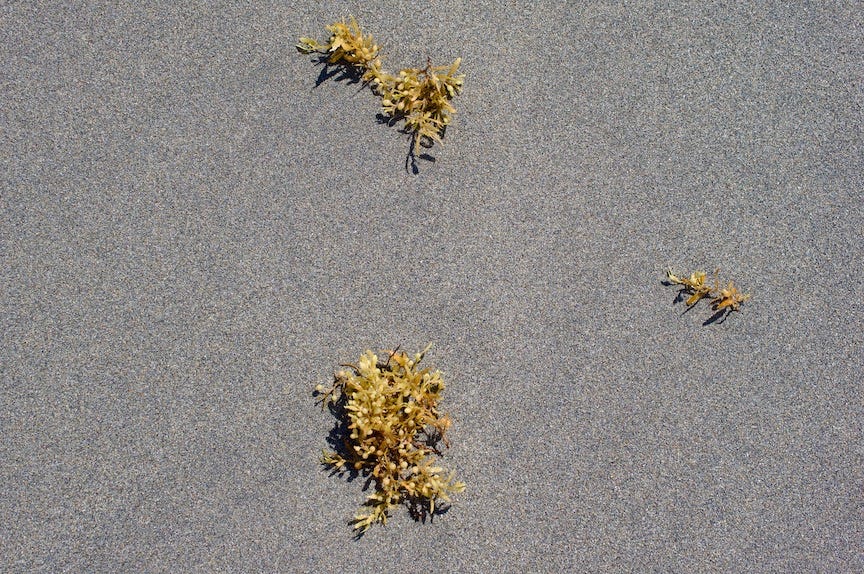
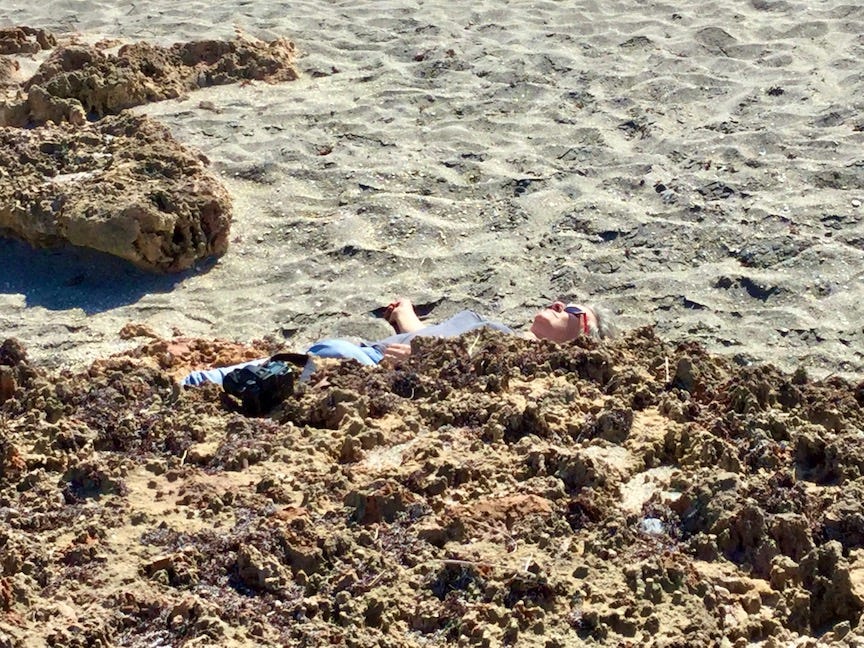
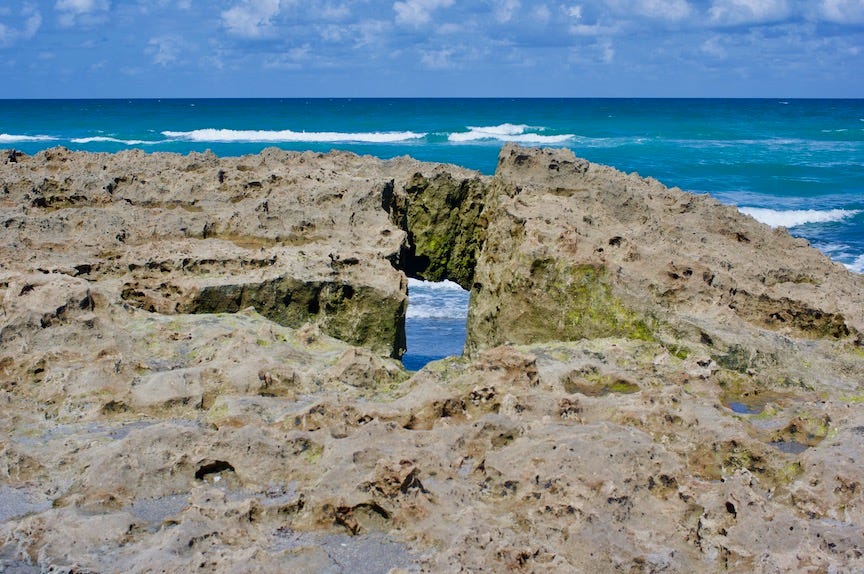
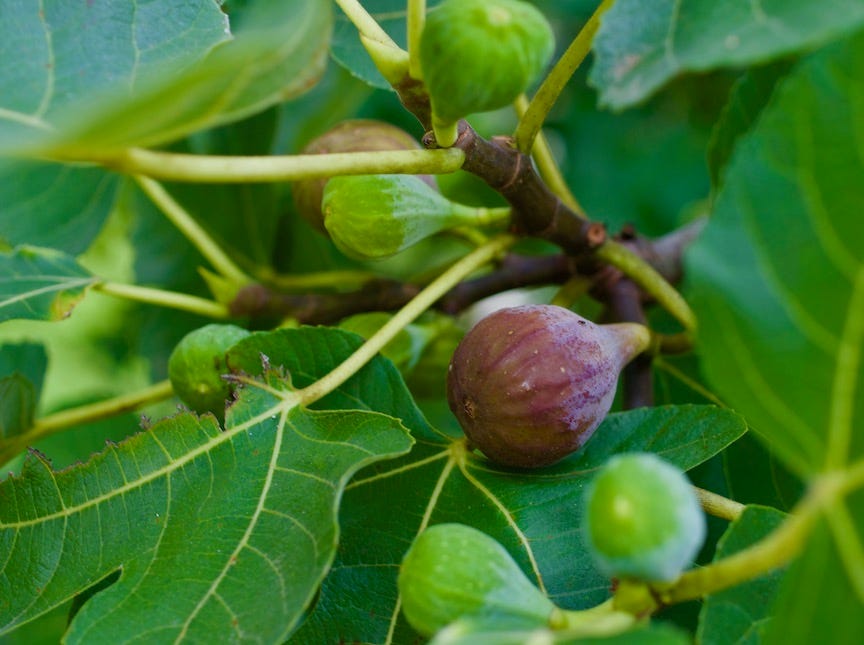
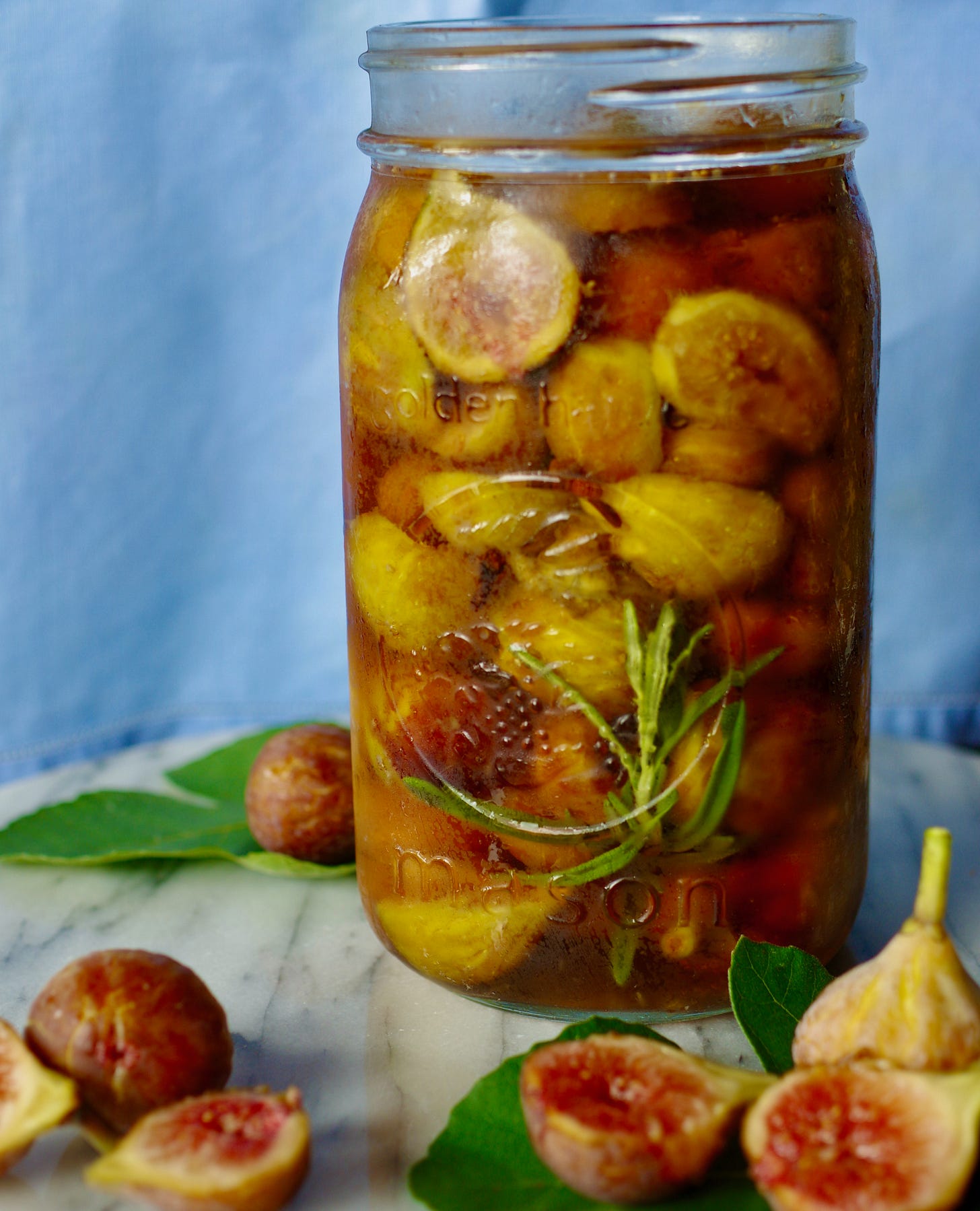
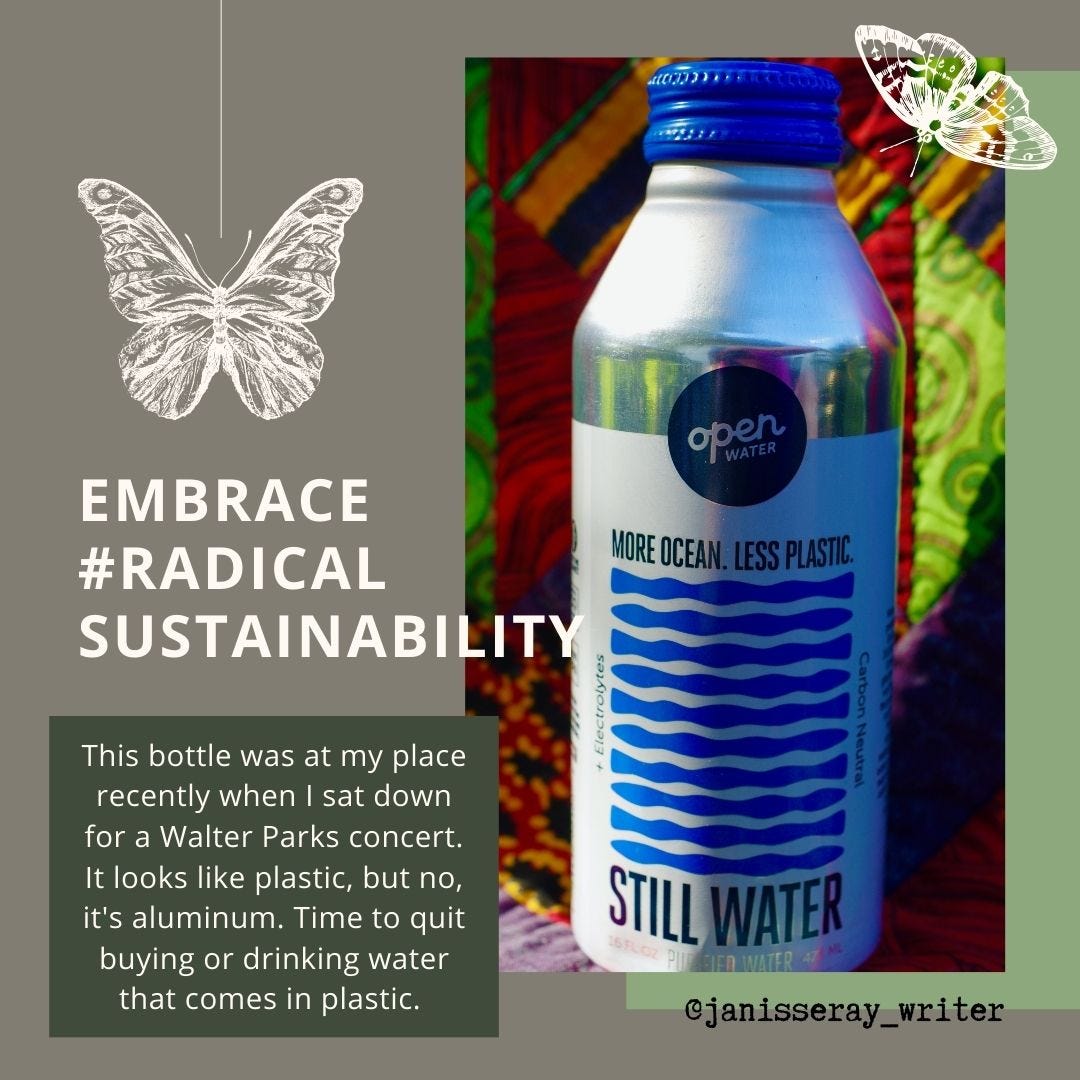

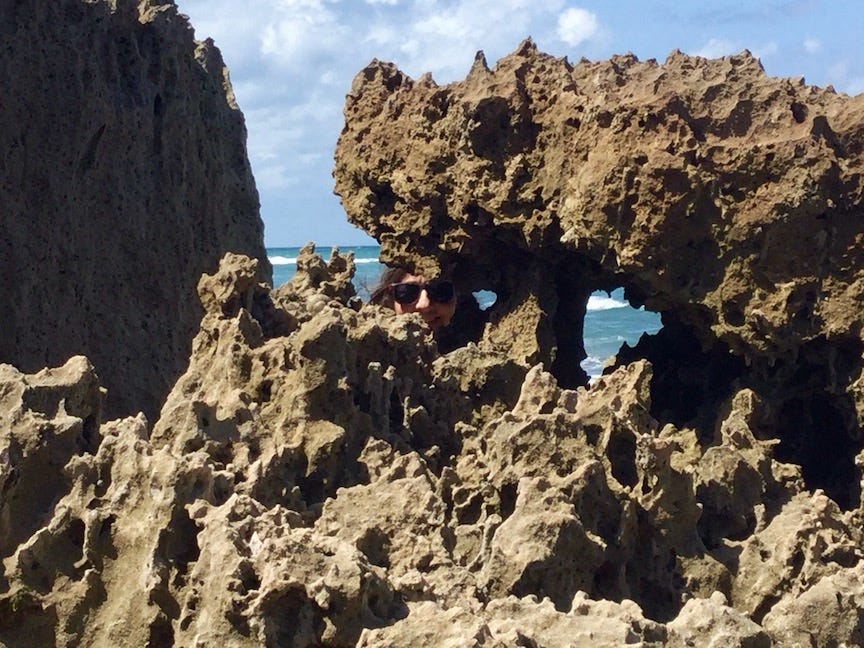
For self-regulation- I, like you, stay busy doing whatever I can do to help the planet and other people. It does not matter if it is small. The ocean was filled one drop at a time.
On the radical sustainability idea, I recently went to the Southface Summer Solstice celebration in Atlanta. I kept seeing little aluminum cups (I'll send a photo). Soon I discovered that they were fulfilling drink tickets with local brews in the little 10 oz. cups Printed with the words INFINITELY RECYCLABLE. Everyone was carrying them around and then tossing them in a recycling bin. Each new drink was served in another cup and the bin was soon filling up. I nested mine together and saved them. I have been a repurposer and even dumpster diver from way back. It was all I could do not to rescue more of those cups to reuse rather than recycle them. There is considerable energy required for each 'infinitely recyclable' cup, despite the fact that many will simply end up in a landfill anyway. To me, radical sustainability comes from using less, making your own, and reusing/repurposing to the height of your inventiveness!
I just spent more than an hour on my front porch doing little more than watch the birds and drinking coffee. The Rufous male is really being a jerk today defending the feeder but he brought me pleasure. A heron flew over. A sandhill crane was raising a ruckus in the next field over. So I would add watching/listening to animals is worth adding to the list, no matter where you find them. I have so many options for this and I try not to take it for granted.
How about petting dogs? Petting cats? Petting goats? Petting yourself or, even better, someone who might pet you back?